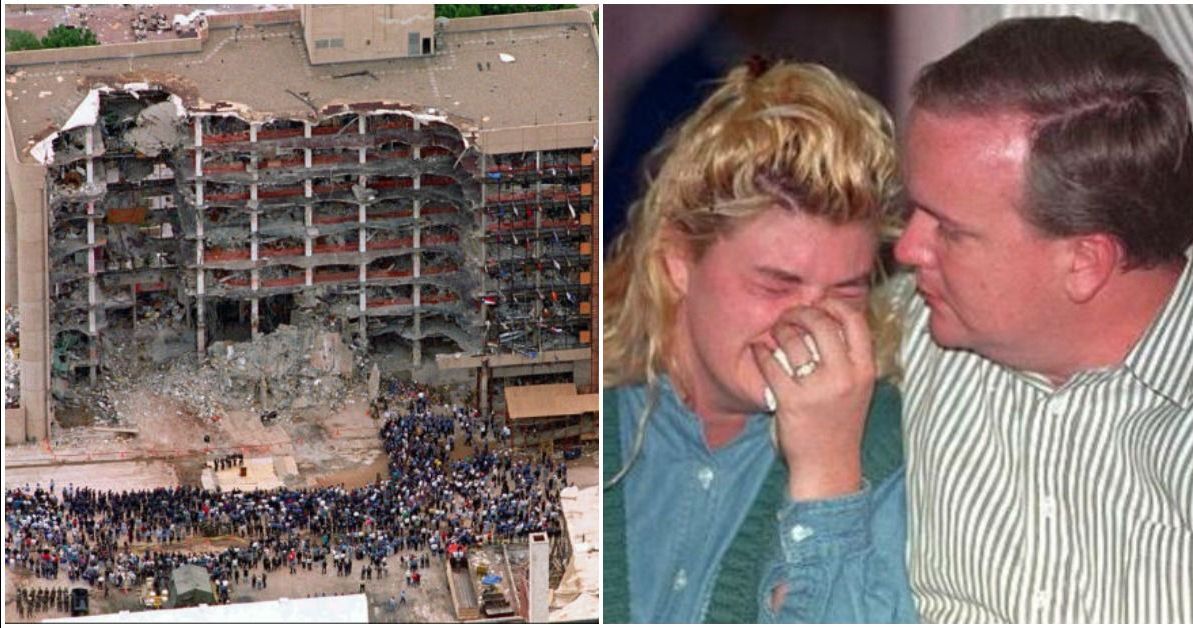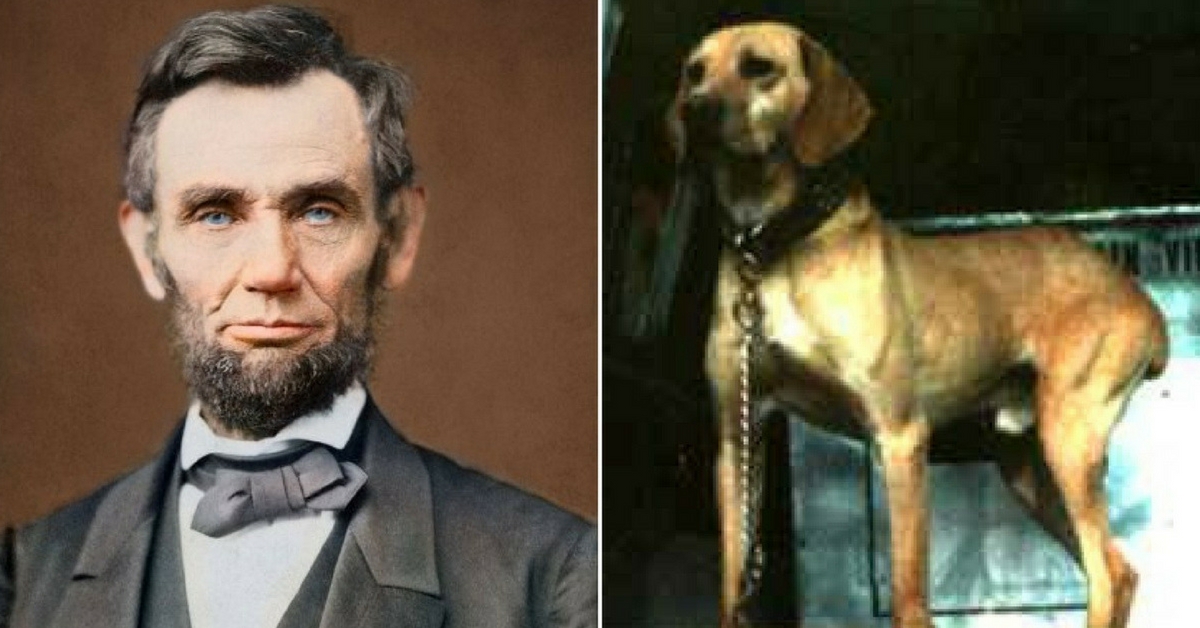Florence Rogers rushed to get to work early on April 19, 1995.
She had just returned home from an ocean cruise, and wanted to show her coworkers all of her photos from the vacation.
Rogers had just turned on her computer when a massive explosion rocked her workplace, Oklahoma City's Alfred P. Murrah Federal Building.
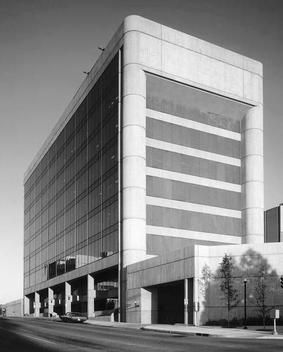
Suddenly, Rogers was left alone in the eerie silence, surrounded by falling glass and fluttering papers.
"All the girls that was in the office with me disappeared," Rogers remembered.
"I started hollering, 'Where are you guys?'"
Rogers didn't realize it at the time, but she had just narrowly survived America's deadliest domestic terrorist attack.
The Explosion
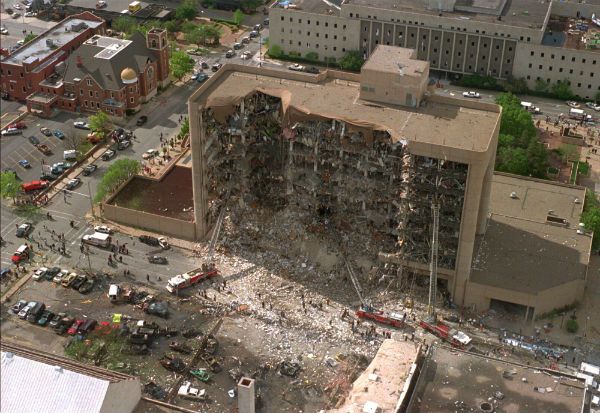
At 9:02 a.m., a rented Ryder delivery truck filled with 4,800 pounds of fertilizer and diesel fuel detonated in front of the Murrah building.
A third of the building was immediately destroyed, and cars across the street were set on fire by the heat of the blast.
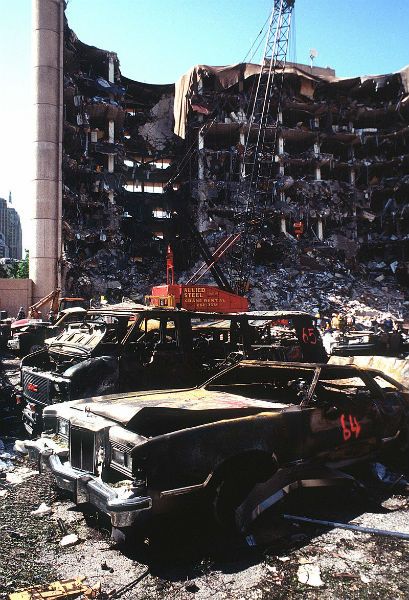
The explosion was loud enough to be heard 50 miles away, and flying debris from the building was found blocks away from the explosion - including the rear axle of the bomber's truck.
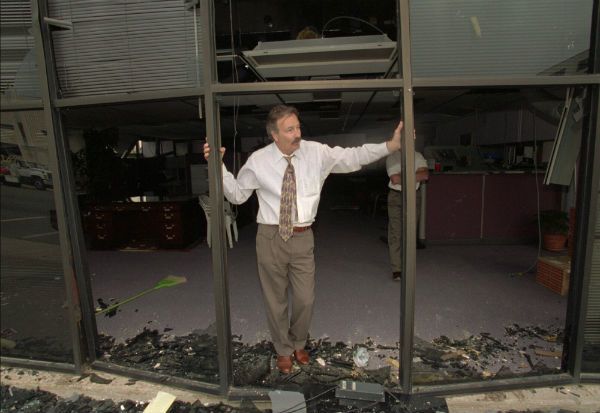
All told, the blast killed 168 people - including 19 children - and injured almost 700 others throughout downtown Oklahoma City.
Rescue Workers
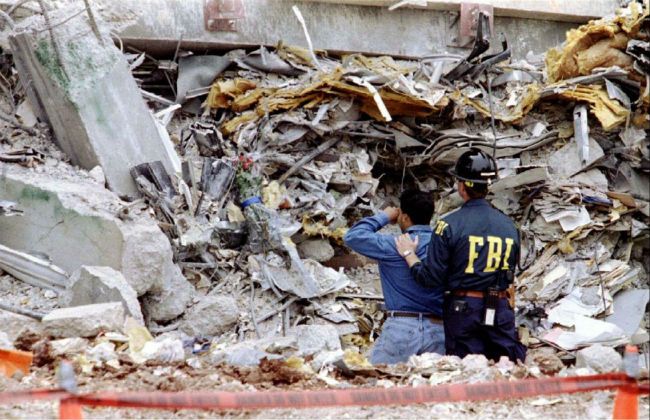
The huge sound of the explosion alerted rescue workers and journalists, who rushed to the scene.
Oklahoma City's fire chief, Mike Shannon, was one of the first emergency workers on the scene.
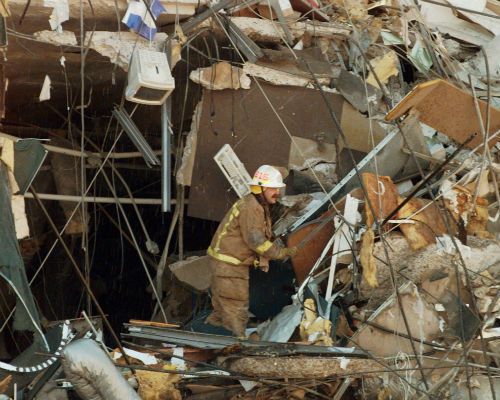
A photo of fireman Chris Fields carrying an injured infant away from the rubble became the iconic image of the bombing.
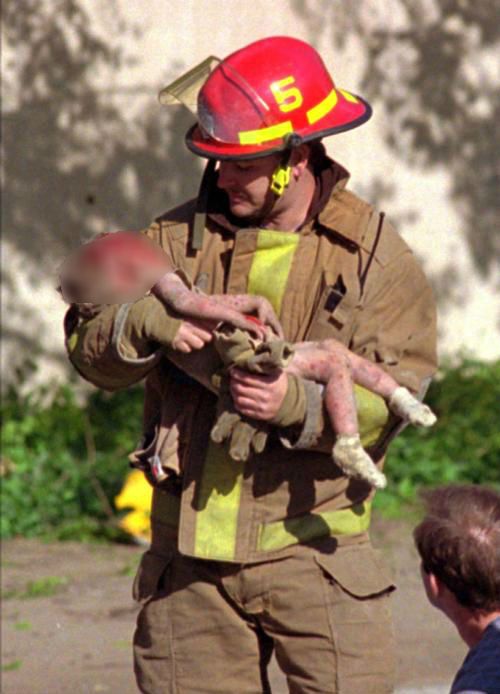
The girl in his arms, Baylee Almon, had turned one year old just a day before the bombing. She died soon after the photo was taken.
The photo went on to win the Pulitzer Prize, but Fields said he grappled with post-traumatic stress disorder after it was taken.
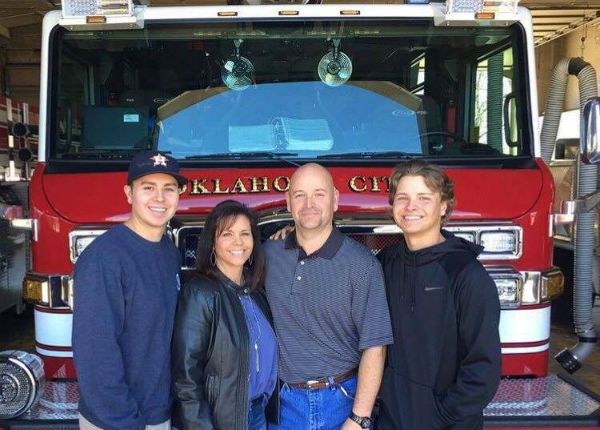
"I have come a long way," he told Today as he retired in 2017.
"It took me a long time to get to this point... it definitely affected my personal life as the years went on, but everything is great now."
As rescue workers rushed to save lives, a manhunt was already underway for a domestic terrorist.
The Suspect
Less than two hours after the explosion, the man behind the bombing was arrested in a routine traffic stop.
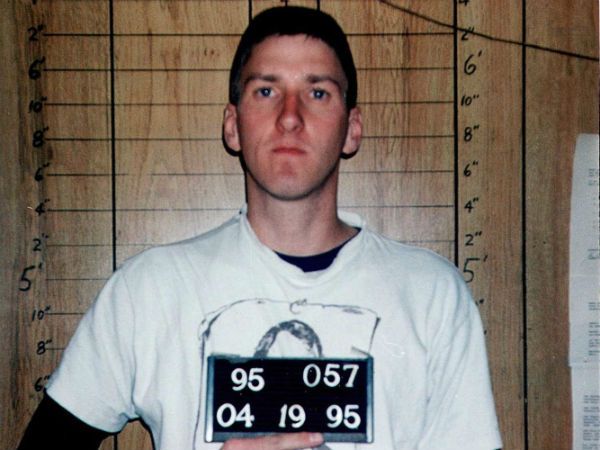
An Oklahoma state trooper pulled over a beat-up Mercury Marquis with no license plates driving down Interstate 35.
After searching the driver, he found he had a concealed handgun and took him into custody.
At the time, police had no idea that the car's owner, Timothy McVeigh, was responsible for the bombing.
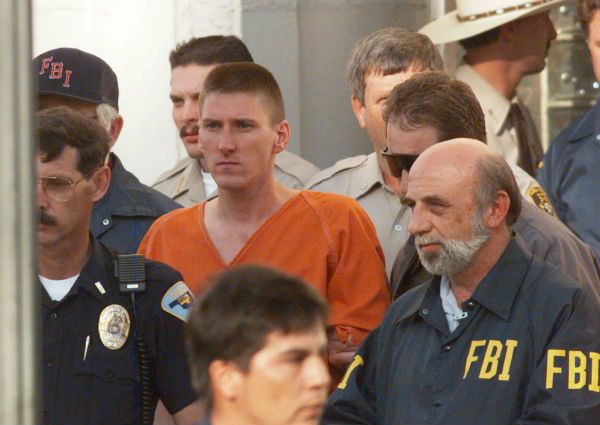
Luckily, a backlog of court cases delayed McVeigh's hearing by a day, which gave police time to connect him to the bombing.
Innocent Victims
A Gulf War veteran and a supporter of the militia movement, McVeigh later admitted the bombing was retribution against the FBI and ATF (the Bureau of Alcohol, Tobacco and Fireworks).
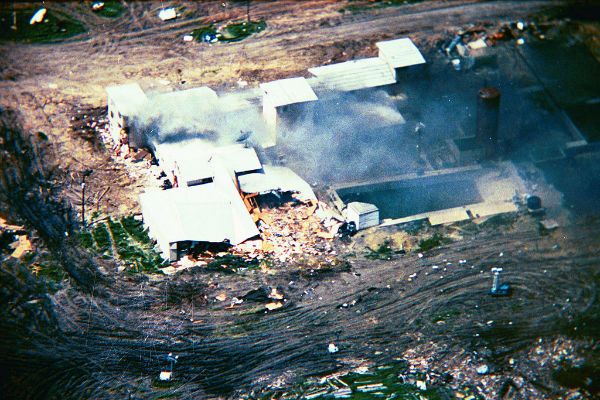
McVeigh believed he was at war with the government agencies, and wanted revenge for the way they handled the Waco and Ruby Ridge standoffs.
But only a tiny number of McVeigh's victims worked for the federal government.
Just eight worked for federal law enforcement agencies
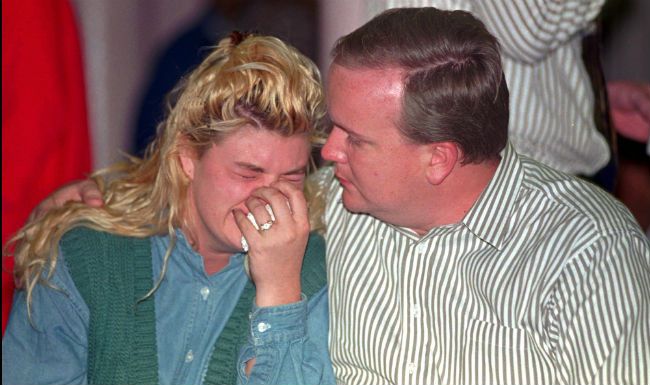
Many of the people killed in the bombing were just trying to renew drivers licenses and social security cards.
One woman's family was killed as she waited in line for a social security card for her newborn daughter.
McVeigh had also parked his truck just below the building's America's Kids Day Care Center, and 15 of the children inside were killed.
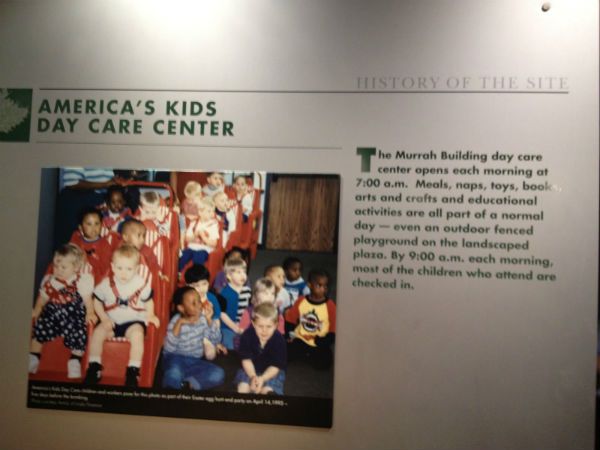
Another minor miracle saved the lives of some children at the day care center: a few parents had kept their children home because of a change in the center's staff.
Emergency workers continued to pull bodies from the Murrah building rubble for more than a month.
Meanwhile, the nation came together to pay tribute to the survivors and victims. And the bombing's perpetrators were brought to justice.
The Aftermath
McVeigh was charged with a number of crimes related to the bombing, and sentenced to death.
He was executed in June, 2001.
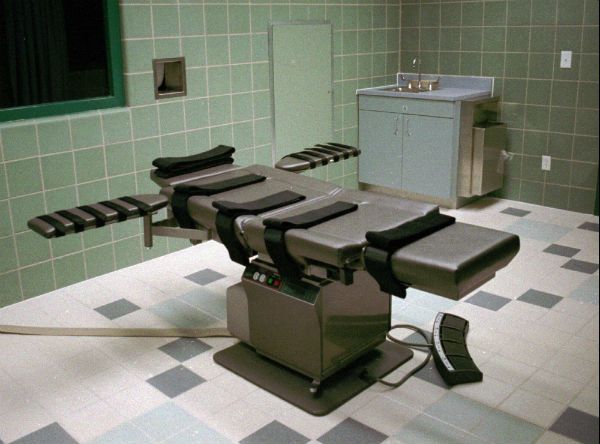
McVeigh's accomplice, Terry Nichols, was given multiple life sentences for his role in the bombing.
In a memorial ceremony for the bombing victims, President Bill Clinton gave voice to the nation's shock and sadness.
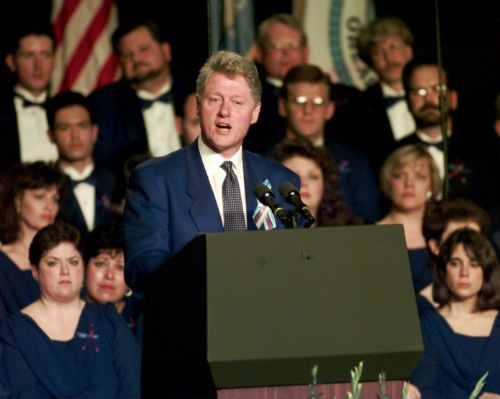
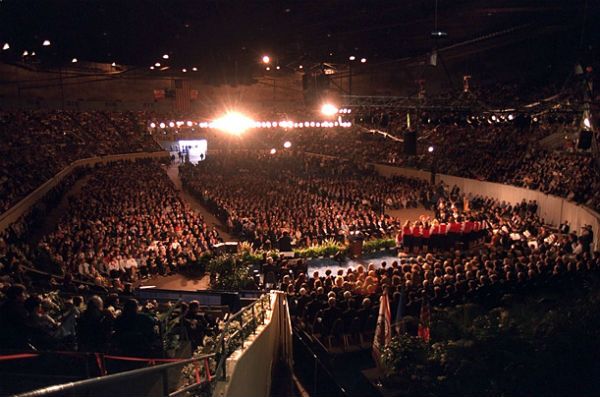
"You will overcome this moment of grief and horror," he told the crowd.
"You will rebuild, and we will be with you until the work is done."
The president kept his word, returning to Oklahoma City for a memorial ceremony on the bombing's 20th anniversary in 2015.
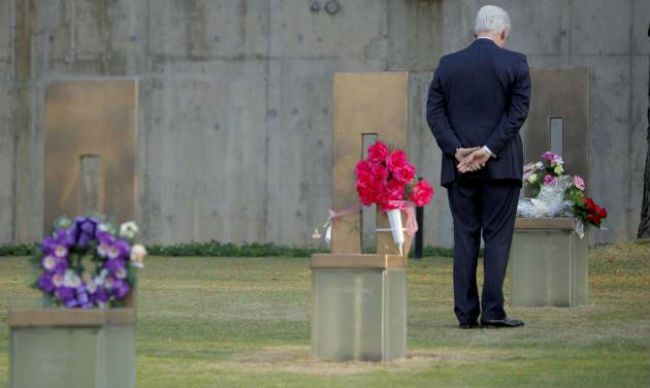
The Murrah building was demolished in May of 1995, when the last three victims were uncovered.
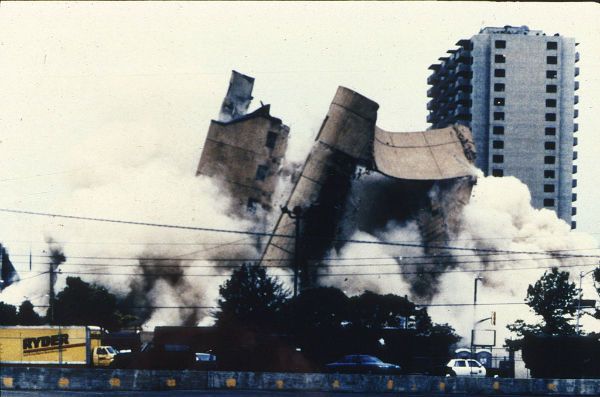
Paying Tribute
Today, the space where the Murrah building once stood is now the Oklahoma City National Memorial and Museum.
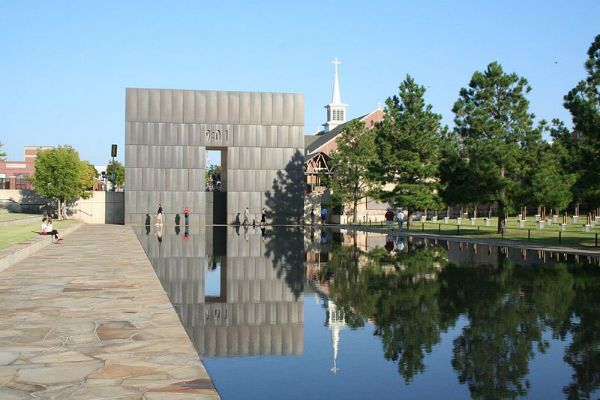
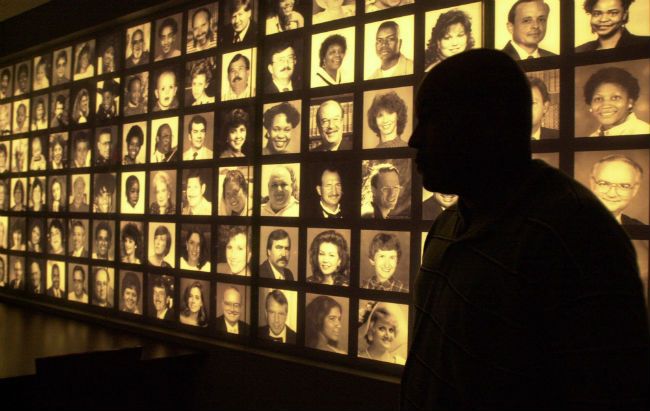
The museum includes the Field of Empty Chairs, with one monument for each of the bombing's 168 victims.
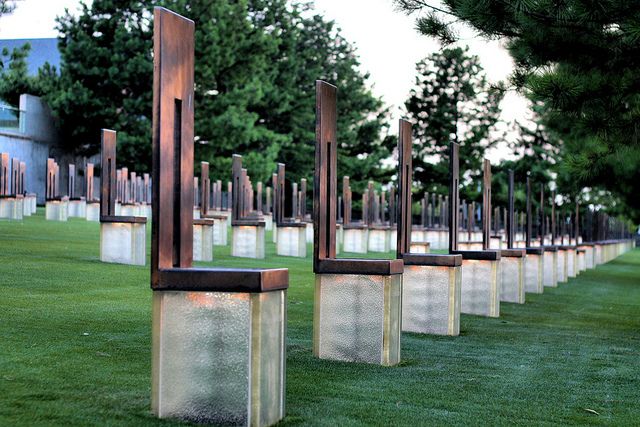
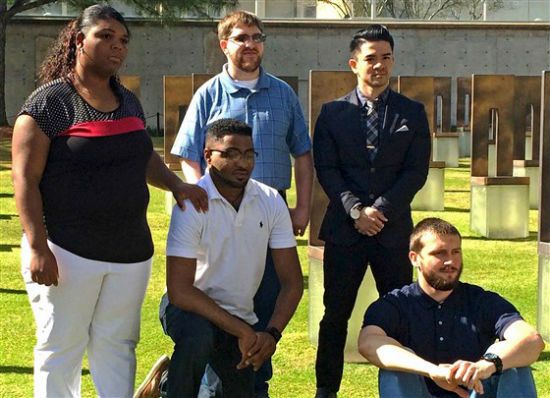
On the bombing's 20th anniversary, Aren Almon-Kok, the mother of the young girl in the famous picture, said the pain of losing her daughter is still fresh.
"It gets harder every year," she told the Daily Mail.
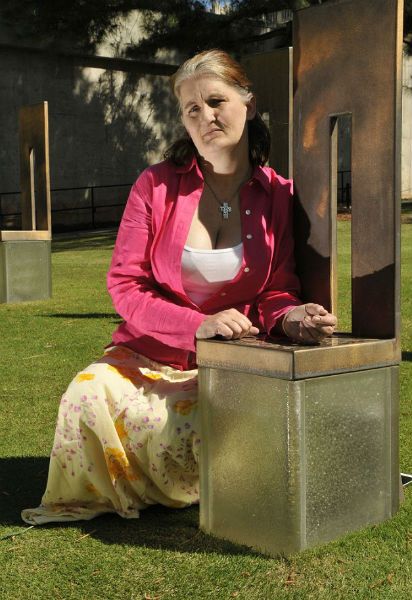
"People say 'it'll get easier' or 'you'll find closure.' I don't think it does, and I don't think I will."
Since the bombing, Almon-Kok has devoted herself to making day care centers more secure.
"When Baylee's looking down at me from heaven I want her to be proud of the things I have done."
Do you remember where you were when you heard the news about the bombing? Share your memories with us in the comments.
[H/T: Today, NBC, Daily Mail]
